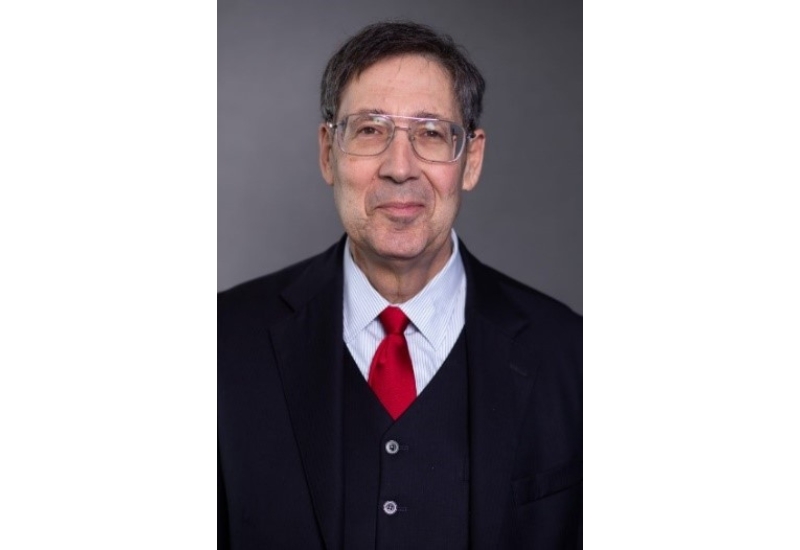BAKU, Azerbaijan, November 6. The second “Central Asia – United States” (C5+1) summit will take place today in Washington, with U.S. President Donald Trump participating for the first time. The agenda is expected to focus on expanding investment and trade cooperation, developing sectors of critical and rare-earth minerals, as well as strengthening collaboration across key areas.
According to experts, a good chunk of the conversations will revolve around boosting transport connectivity in Central Asia, considering its pivotal role in trade and economic growth.
“Transport connectivity will be one of the key topics at the C5+1 Summit,” former U.S. Ambassador to Uzbekistan and Ukraine and Director of the Eurasia Center at the Atlantic Council John Herbst told Trend.
He noted that the biggest hurdle for the region continues to be the absence of a direct line to the sea.
“This is a serious disadvantage for full participation in the global economy. Kazakhstan, as well as other regional countries and Azerbaijan, is highly interested in developing the Middle Corridor,” the diplomat said.
Herbst emphasized that the Middle Corridor holds tremendous economic potential but requires a high degree of coordination among participating governments:
“The United States understands its importance both for its own interests and for American businesses. Washington will use its significant capacity to support the implementation of this project,” he explained.
When it comes to energy cooperation, he brought to mind that an American oil company struck what’s often called the “Contract of the Century” with Kazakhstan back in the 1990s to tap into its major oil fields, highlighting the strong foundation of U.S. involvement in the sector.
“I am confident that dozens, if not hundreds, of American companies will be interested in new opportunities in Central Asia, supported by the Trump administration for the implementation of further mutually beneficial projects,” Herbst stated.
He also noted that while the United States does not directly participate in commercial deals, it creates a favorable environment for their conclusion.
Among the major achievements of Central Asia, Herbst highlighted the formation of five independent and stable states, noting that the region has largely avoided major conflicts, except for the civil war in Tajikistan in the 1990s.
“Central Asian nations, like the United States, are committed to maintaining stability,” he stressed.
The diplomat highlighted the ongoing partnership between the U.S. and Uzbekistan and Tajikistan in bolstering border security, expressing Washington’s eagerness to roll up its sleeves and work hand in hand with any nation in the region on counterterrorism efforts.
However, in his view, the economic agenda will remain at the center of the summit, even though security issues will also be discussed.
Herbst noted that the participation of the U.S. President demonstrates Washington’s strong interest in deepening its partnership with Central Asia.
“Based on statements from the administration, the focus will be on investments, trade, and the development of critical and rare-earth mineral sectors, as well as expanding cooperation between the United States and the countries of the region in all these areas. I believe this is an excellent agenda,” the diplomat emphasized.
He added that the outcomes of the summit will be looked at through the lens of tangible achievements: new business deals and investments, intergovernmental security agreements, and framework arrangements set up to ramp up trade and investment.







